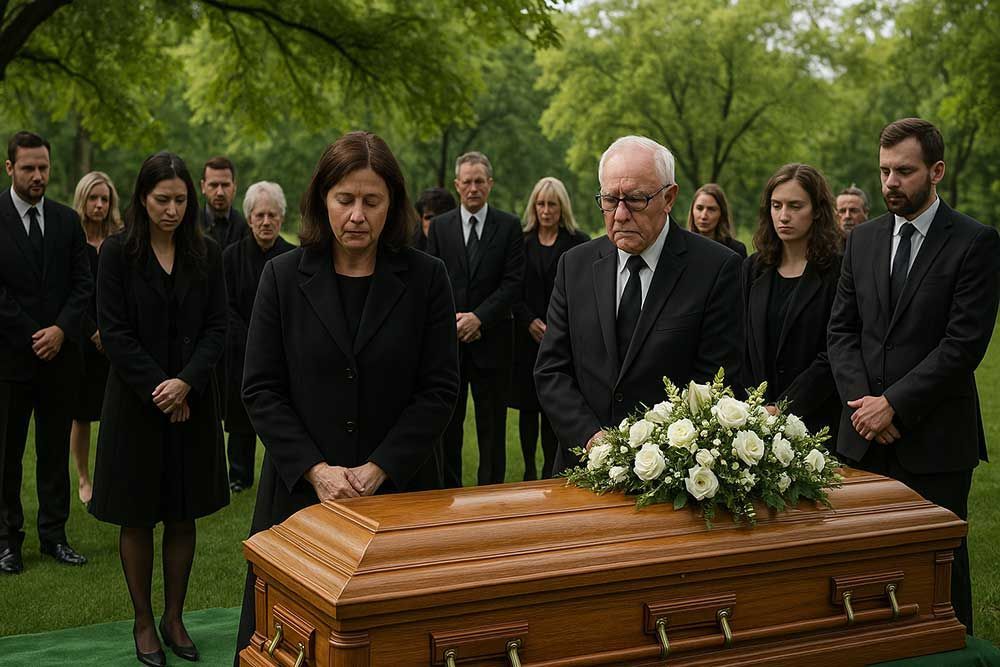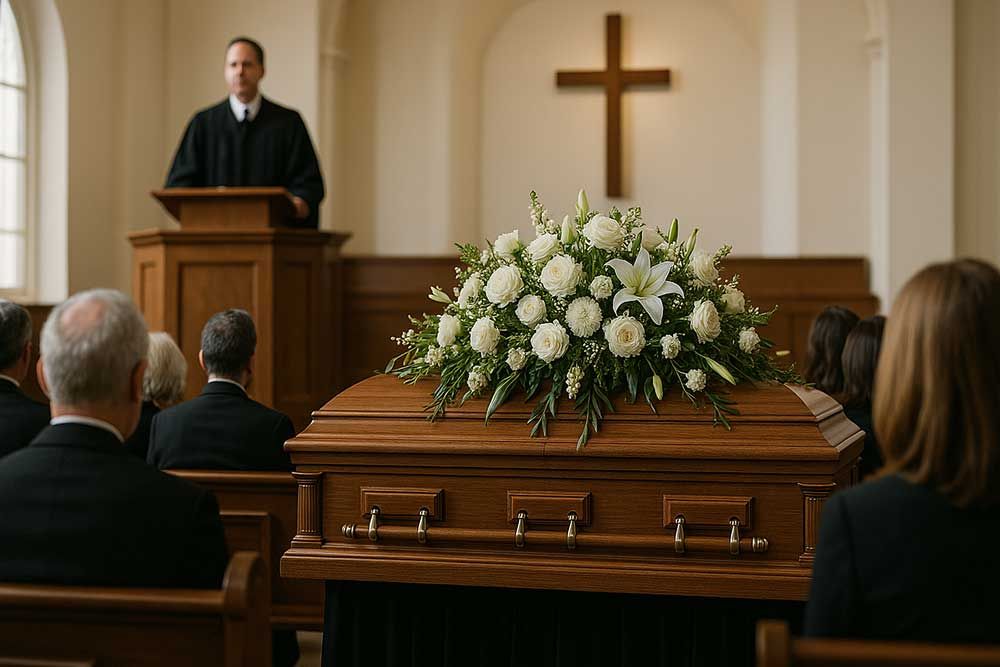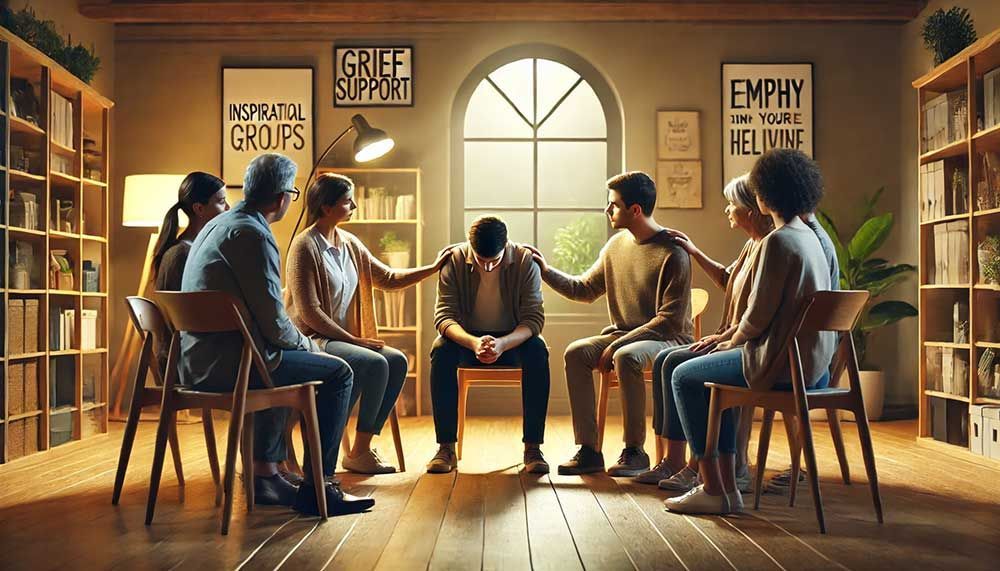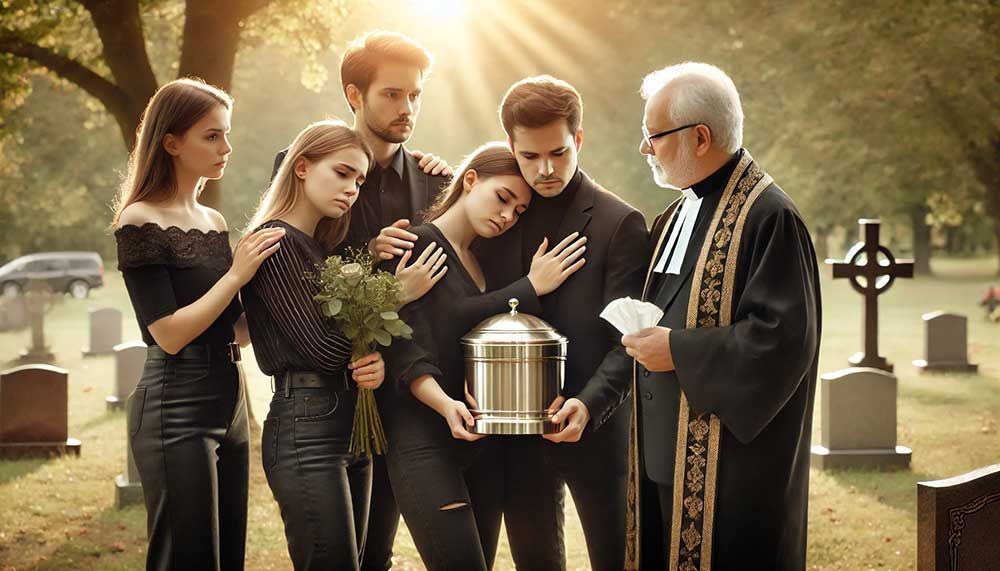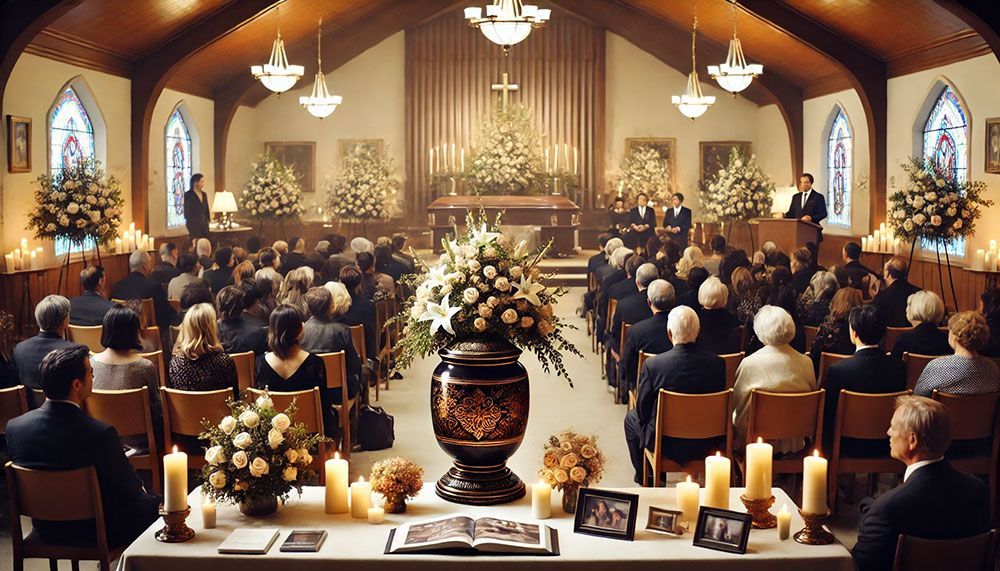Thanksgiving: Grateful while Grieving
Grief during Thanksgiving
November can be a difficult time for people who have lost a loved one. Strong emotions often surface on Thanksgiving, including sorrow, anger, and frustration, and many people experience mixed emotions during the holidays.
When the family gathers around the table for Thanksgiving dinner, it’s impossible to miss the fact that someone is missing. The holiday resurrects memories of the role the deceased person played in family activities, and it can be painful to face the reality that they are no longer present.
Secondary Loss
The first Thanksgiving after a loved one’s passing can be especially challenging. For people who are grieving a loss, the holiday season is often accompanied by apathy and uncertainty. This feeling is sometimes described as “secondary loss” – the death of a family member or close friend is the primary loss, followed by a series of secondary losses such as loss of companionship, financial security, future plans, and even loss of quality time spent together during the holidays.
However, you can still acknowledge the absence of a loved one during Thanksgiving even if you are in mourning. Some families set aside a memorial place setting for their loved one(s) or recognize the loss some other way, e.g., cooking a favorite dish, lighting a candle, placing a picture on a chair, or reciting a special poem in remembrance of the deceased.
Others choose to create a new family tradition rather than keeping to the usual Thanksgiving arrangements by skipping the home-cooked turkey and having dinner at a restaurant. Here are some other ways people express thanks on Thanksgiving when coping with grief:
- Share stories – ask family members to share their favorite memories of a loved one. This can lift the mood of the occasion and you might even learn something new about the person who died.
- Donate to a favorite charity – make a contribution to a cause in honor of your loved one. You can choose a nonprofit that held special meaning to the deceased, or support an organization that provides Thanksgiving programs for people in need.
- Volunteer – helping others during the holidays is always appreciated. Invite family and friends to join you in volunteering at a hospital, senior home, or animal shelter and make it a group affair.

Grief or Gratitude?
There’s no prescribed way of coping with grief during the holiday season (or at all, really). The key message here is that you don’t have to choose between grief and gratitude during Thanksgiving. You can still be grateful even if you are grieving, and while you may not feel especially thankful, that’s alright too. It’s okay to feel sad during the holidays – don’t feel pressured to put on a happy face or act like you’re enjoying the festivities if you’re feeling blue. But keep in mind that grief is a journey – there are good days and bad days, sad moments, and opportunities for joy. You can still appreciate the special moments of Thanksgiving and mourn the loss of a loved one at the same time.
Does your family have a special tradition of remembering a loved one during Thanksgiving?

